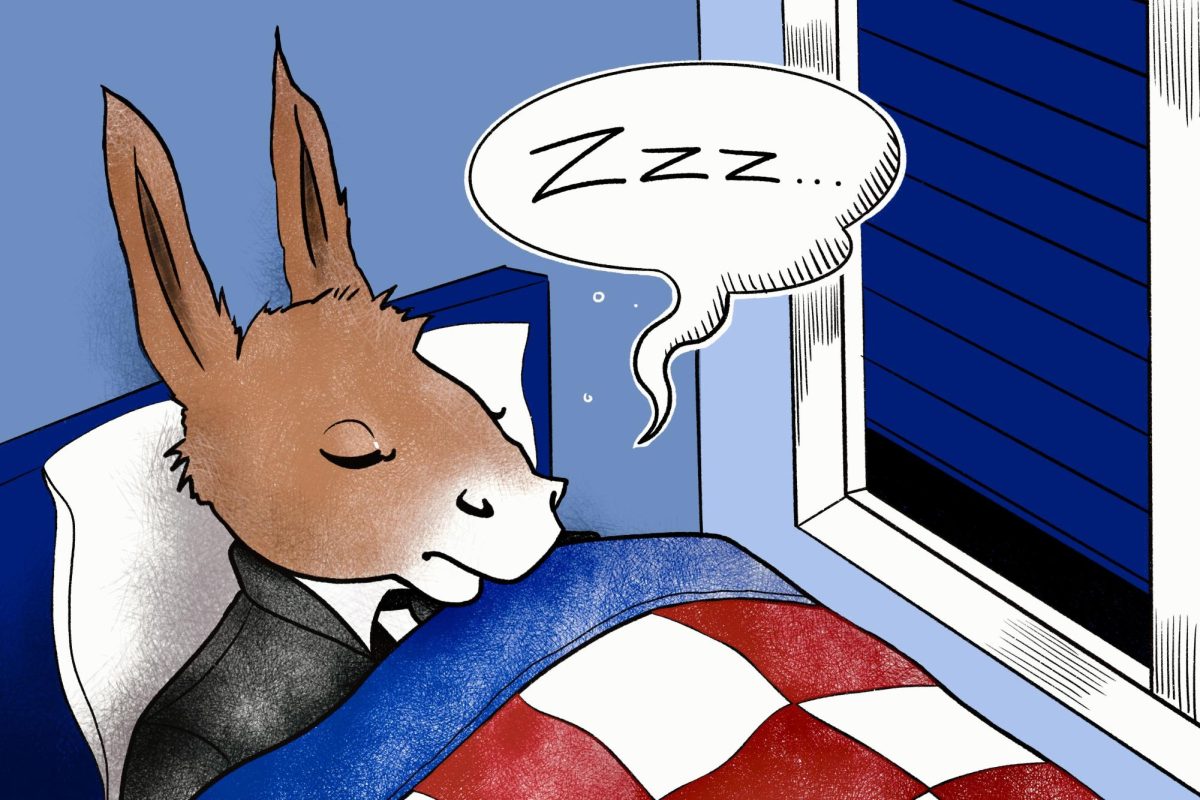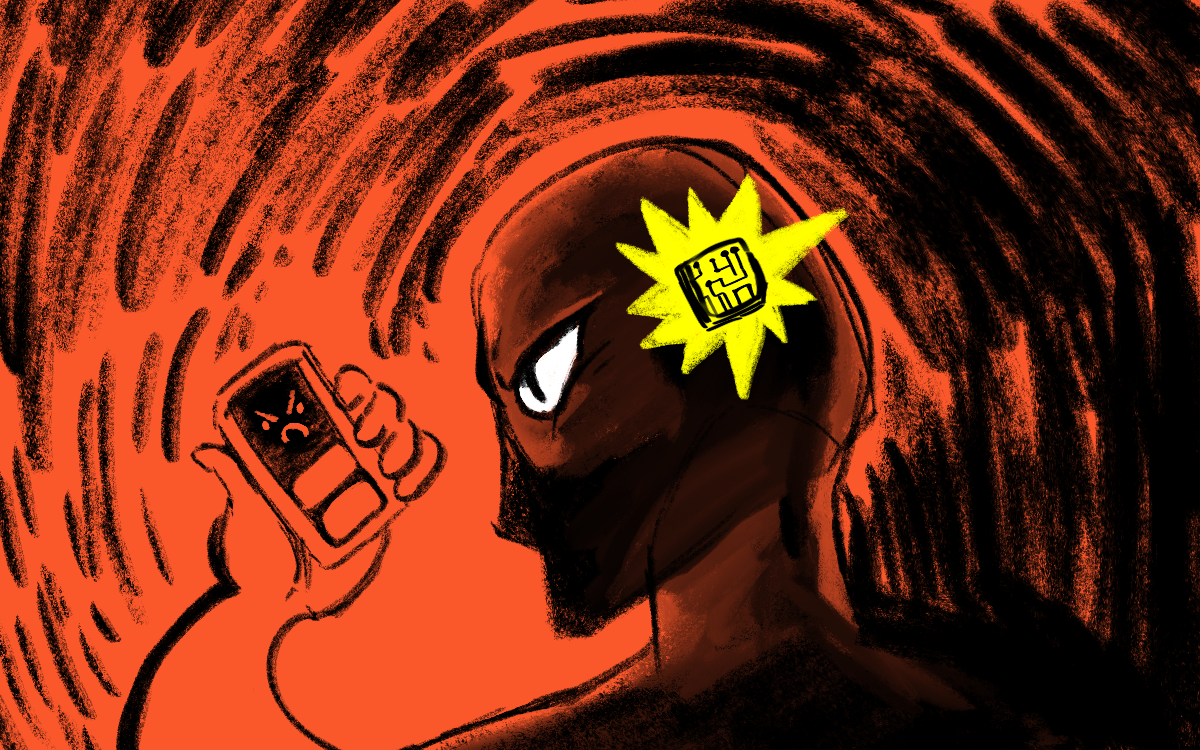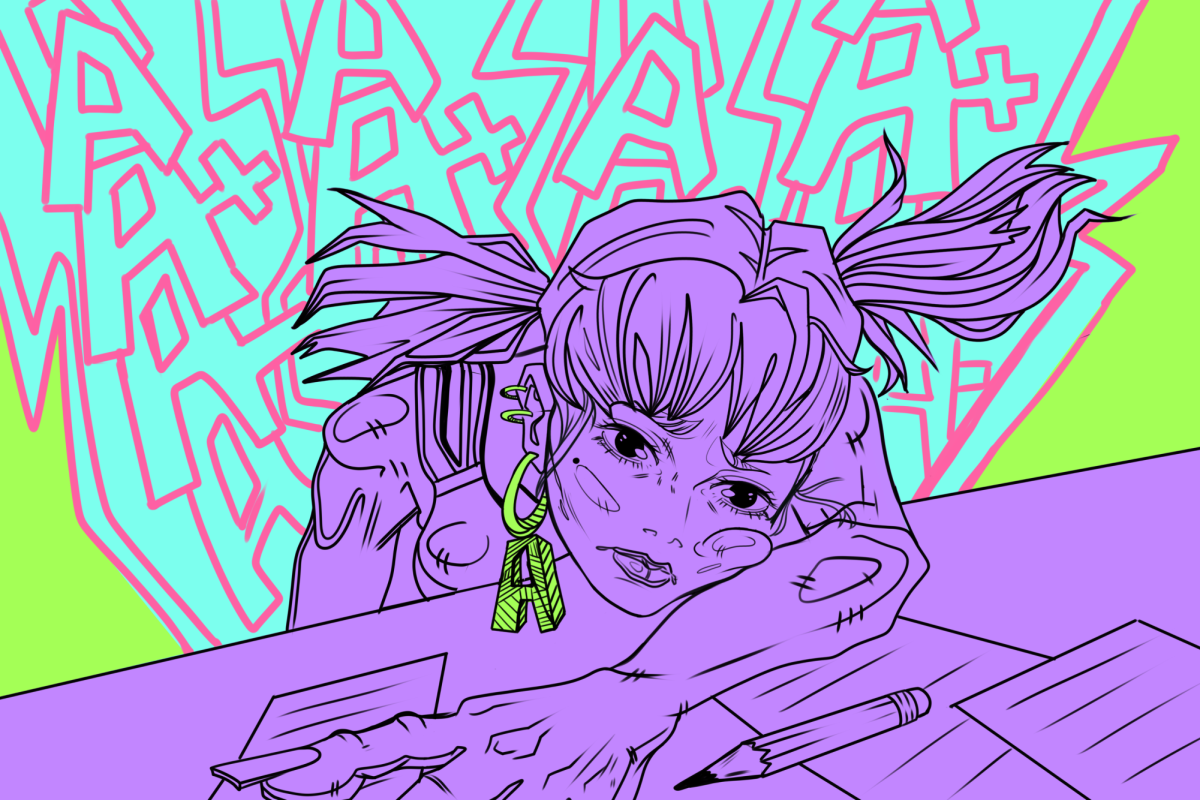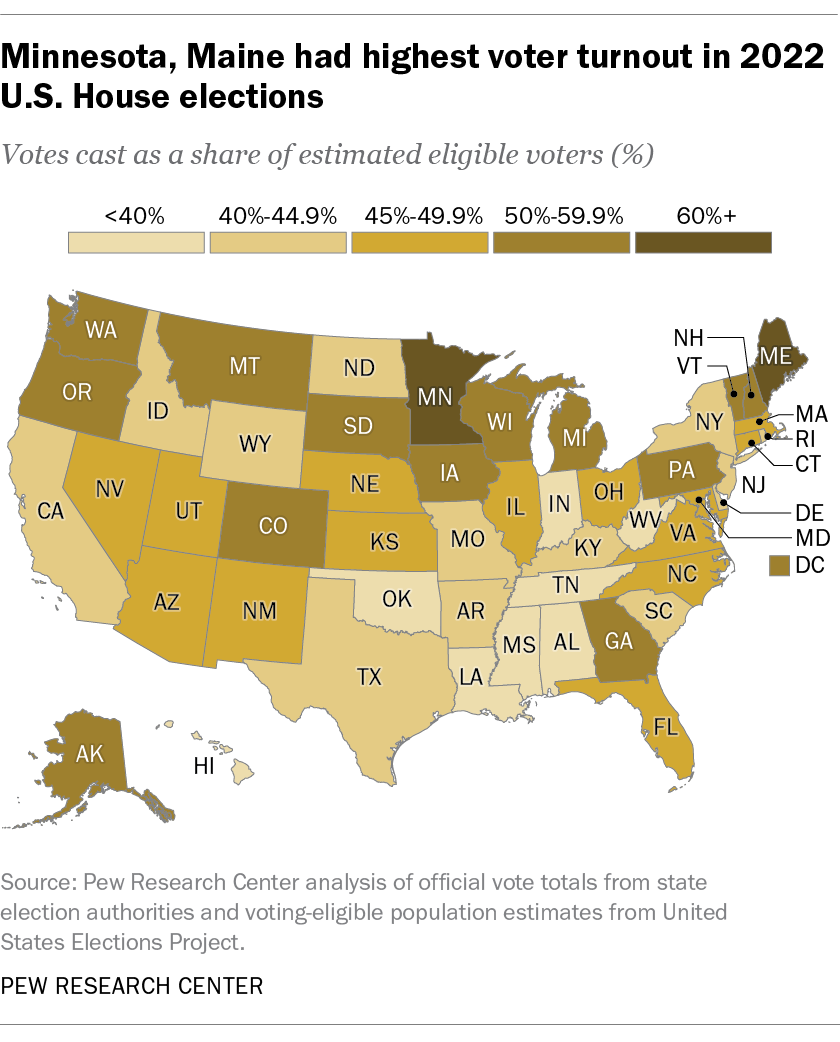Blocking Basic Rights is Objectionable
A New York Public Library spokesperson announced on April 23 that it is within the First Amendment rights of adult patrons to view pornography on computers in any of the city’s 200-plus libraries. But despite the obvious moral challenges the policy’s yielded, legally, it’s all there.
According to federal law, the libraries must comply with the Children’s Internet Protection Act in order to retain funding, meaning that computers in the libraries must have filters that block any illegal content, such as child pornography. Patrons over the age of 17, however, can disable the filters if they wish to do so for “research purposes,” and by law, the library cannot censor any legal Web content — pornography included.
If parents are also worried about their children catching a glimpse of objectionable content as they pass on their way to the children’s section, the libraries also provide each computer with a set of dividers and headphones to keep patrons’ computer use as private as possible. These precautions allow patrons their freedom while also providing adequate protection to children.
Though different states have their own laws on pornography, the general rule in the United States is if the act depicted in the pornographic content is legal, then it can be legally sold and viewed. Adults have the right to view pornography; the New York Public Library system is simply acknowledging that fact. This policy does not promote public indecency — it just officially isn’t part of a librarian’s job description to patrol the desktops, looking for images that she doesn’t care to find.
— Chelsey Davis
Contributing Writer
Public Censorship May Be Constitutional
Library officials have argued that patrons have a First Amendment right to view porn on their computers. But because libraries are public facilities that minors regularly enter, this alleged right must be restricted to truly abide by the Constitution.
The Children’s Internet Protection Act requires libraries to have Internet filters on their computers to limit access to child pornography. Patrons above the age of 17, however, are allowed to turn off the filters so they can exercise their First-Amendment rights for unrestricted access to the web — including watching hardcore pornography. I hate to be the one bringing up the “think of the children!” argument, but children looking for Magic School Bus books shouldn’t be subject to catching a glimpse of a raunchy threesome.
There is a constitutional basis for restricting access, too. George Carlin famously uttered “Seven Dirty Words” that the FCC censored, and in the landmark ruling of FCC v. Pacifica Foundation, the Supreme Court upheld the FCC’s censorship of Carlin. One reason was because children could not be shielded from the patently offensive language. If the Supreme Court deems curse words worthy of censorship, it’s hard to imagine reasonable justification for maintaining full access to pornography in a public, federally funded space.
Consider the alternative. Surely many concerned parents will refuse to let their children enter libraries in light of the controversy, and educating children is of much greater concern than allowing unrestricted public access to porn.
— Saad Asad
Senior Staff Writer







